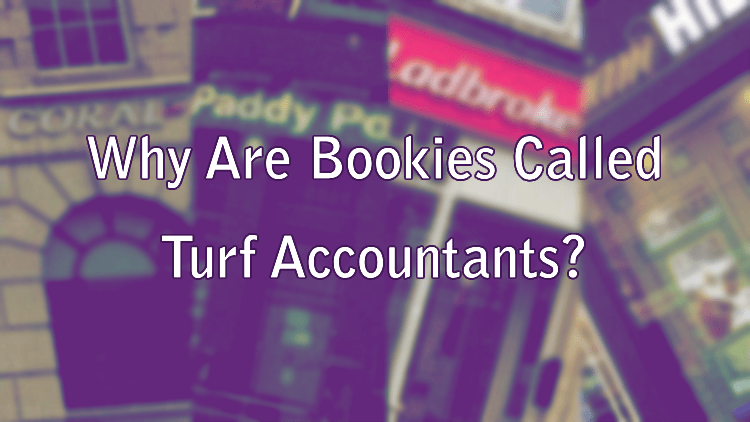
The world of sports betting is filled with an array of curious terms and expressions that may seem baffling to the uninitiated. One such term that has been around for a long while is "Turf Accountant".
This phrase, while not as commonly used today, is often found in older literature pertaining to the betting industry. But what exactly does it mean? And why are bookies often referred to as turf accountants? Let’s delve into the fascinating history of bookmaking to unravel the mystery behind this term.
What Does a Turf Accountant Mean?
In essence, a turf accountant is simply another term for a bookmaker or bookie. These are individuals or organisations that accept and pay out bets on various sporting events at agreed-upon odds. The term "turf accountant" is primarily used in the United Kingdom and is seldom heard in other parts of the world.
The etymology of the term can be deciphered quite easily. The word "turf" refers to the grassy surface of a horse racing track, while "accountant" denotes a professional who deals with financial transactions. So, a turf accountant is essentially a bookmaker who handles betting transactions related to horse racing.
Turf Accountant Origin
The term "turf accountant" first came into use around the early 20th century, specifically during the 1910s. This era was marked by a significant shift in the betting landscape. At this time, there were only two legal ways to place a bet - either at the racecourse itself or through a credit betting telephone account, provided one had an excellent credit rating and access to a telephone.
The practice of credit betting required both the bet-maker and the bookie to keep meticulous records of their bets, which would then be settled at a later date. This method of conducting betting transactions is believed to have led to the emergence of the term "turf accountant".
Why Are Bookies Called Turf Accountants?
The persistence of the term "turf accountant" beyond its initial conception can be attributed to the changing perceptions around the betting industry. In the early days of high street betting shops, bookmaking was often associated with the shady, underground world of illegal betting. The establishments themselves were often dingy, uninviting spaces with blacked-out windows.
In an attempt to shed this unsavoury reputation, many bookmakers started referring to themselves as turf accountants. This term had a more respectable, upmarket ring to it, helping to distance these establishments from their disreputable past.
In recent years, the term "turf accountant" has been used less frequently. Bookmakers no longer need to mask their operations with vague labels. The betting industry is now comprised of legitimate businesses, so they are comfortable labelling themselves as bookmakers, betting operators, or whatever they choose.
Despite its declining usage, the term "turf accountant" retains a certain nostalgic charm. It harks back to a time when the world of betting was very different from what it is today, reminding us of the rich and colourful history of this industry.
